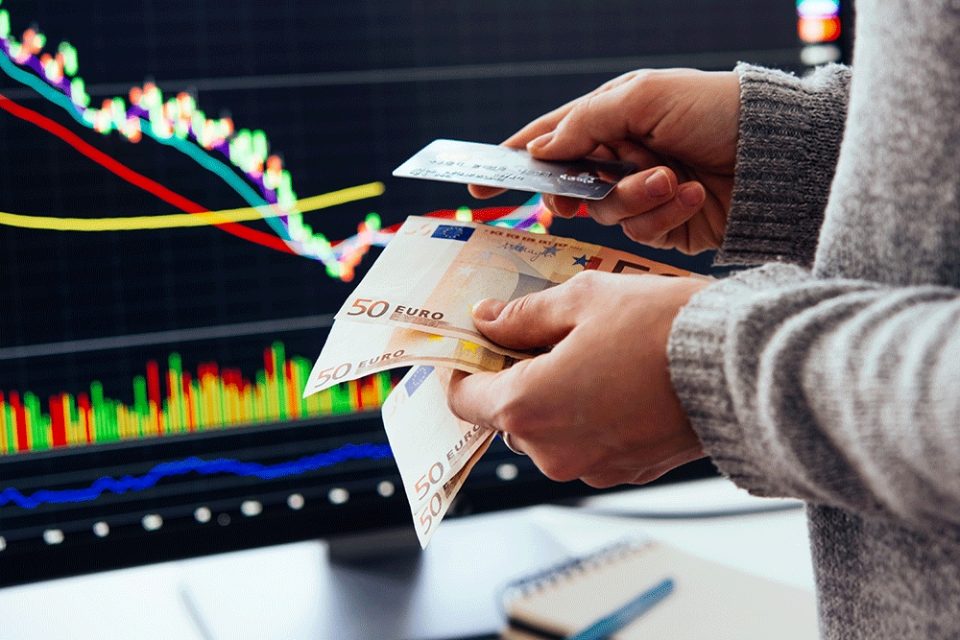Sri Lanka will receive between $300 million and $600 million from the World Bank over four months to buy medicines and other necessities. The country’s finance minister said on Friday as the Indian Ocean Island nation is suffering its worst economic crisis in decades.
Finance Minister Sabri, who is negotiating a rescue package with the IMF in Washington, said in a video conference that talks with the IMF could take some time. The World Bank has agreed to provide support in the meantime.
Neighbouring India has also agreed to provide $500 million to buy fuel and is in talks for an additional $1 billion from New Delhi, which has already offered a $1 billion line of credit, Sabri said.
Sri Lanka is on the brink of bankruptcy, with nearly $7 billion of its total foreign debt of $25 billion repaid this year. A severe shortage of foreign exchange means the country lacks the funds to buy imported goods.
Sri Lankans have endured months of shortages of essentials such as food, gas, fuel and medicine, queuing for hours to buy limited stocks.
Fuel prices have risen several times in recent months, leading to significant increases in transportation costs and other commodity prices. There was another round of gains earlier this week.
The government has announced a moratorium on foreign loan repayments pending negotiations with the International Monetary Fund.
Dozens of protesters continued to occupy the entrance to the presidential office on Friday for the 14th day, demanding the resignation of President Gotabaya Rajapaksa and his powerful ruling family due to the economic crisis. The protests have spread to several parts of the country, with people blocking roads with vehicles.
On Tuesday, police opened fire on a crowd protesting fuel price hikes, killing one person and injuring 13 others, the first death since the protests began.
The shooting has drawn widespread condemnation, and the government has promised an impartial investigation.
Much of the anger expressed during weeks of protests has been directed at Rajapaksa and his older brother, Prime Minister Mahinda Rajapaksa. The latter leads an influential clan that has, for the past two decades, been in power most of the time. Five other family members are lawmakers, three of whom resigned as cabinet ministers two weeks ago.
Sabri said the government is also looking to China, Japan and the Asian Development Bank for help.
China has pledged about $31 million in emergency aid, including 5,000 tons of rice, medicines and raw materials. It earlier said it was considering applying for $2.5 billion in economic assistance, including lines of credit and loans to buy essential goods—the debt crisis partly blamed projects built with Chinese loans not making money.







